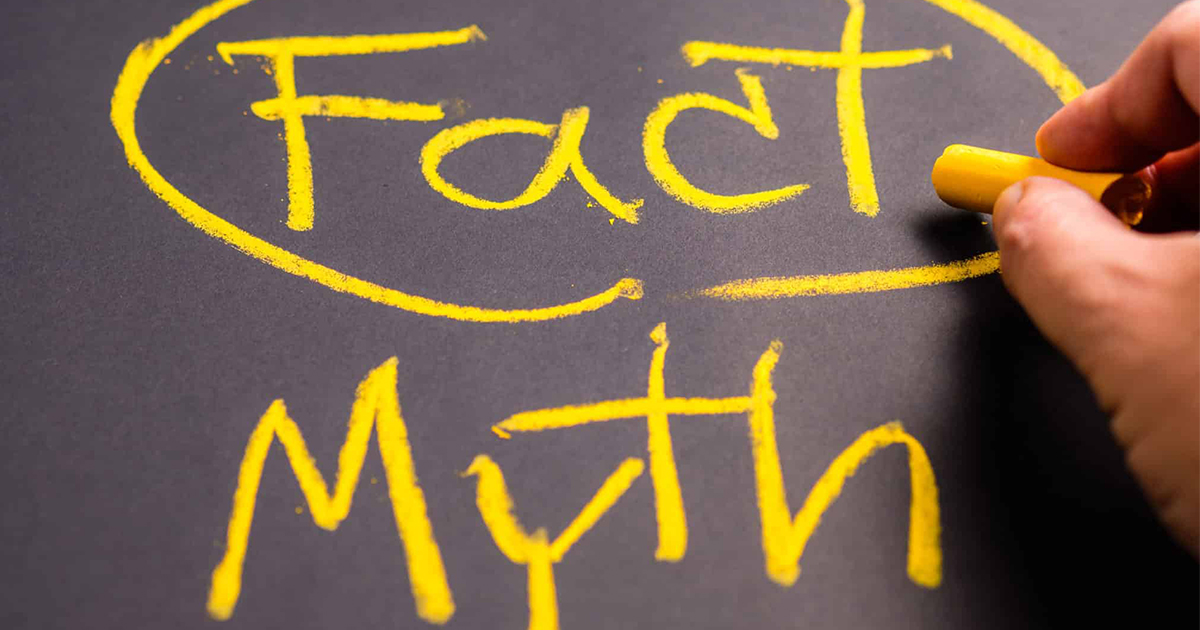Facts That You Need To Know About Kidney Health

We must shatter the myth if we want to care for our health correctly. Have the proper knowledge so we won’t hurt our kidneys without knowing!
Myth 1: Only having one kidney = Unhealthy
People with solitary kidneys can have a normal and healthy life. Some people are with just one; others remove their kidney based on a medical decision or kidney donation. Most of the time, the solitary kidney does not cause health concerns. Unless requested by the medical profession, no special diet or living style is needed. However, health professionals may ask for a regular tests for kidney function and blood pressure.
Myth 2: Drink more water to keep kidneys healthy
More doesn’t always mean better. Drinking a sufficient amount of water is enough to keep our kidneys healthy. The current guideline is drinking 6-8 glasses of fluid per day, or adults can use the “weight (kg) x 30cc” formula to roughly calculate the daily intake. We can tell whether we are drinking enough water from the urine color. Drinking enough water helps flush out the crystals that can form kidney stones and flush out the bacteria that can cause urinary tract problems. Don’t underestimate these health concerns, as they may induce kidney problems. However, people in the advanced stage of kidney or heart problems may need to restrict their fluid intake. Over-consumption can cause excess water to accumulate in their bodies, worsening their health conditions.
Myth 3: There are obvious signs of kidney problems
Not necessarily! Many people don’t know they have developed kidney problems because of the compensatory mechanism of nephrons. If there is a loss of nephrons, the remaining nephrons will work harder to make sure our body will function properly. Therefore, it is not uncommon that people cannot recognize any signs at an early stage. Noticeable signs come in when there is a 70% loss in nephrons—so performing a regular kidney function test is the best way to know how healthy our kidneys are.
Myth 4: Kidney function test is complicated
It may be easier than you thought! We only 2 simple tests to get an overview of our kidney health status:
Urine test to check for protein in the urine: If there is an excess protein present in the urine, it can be an indication of kidney problems.
Blood test to check for eGFR: eGFR level accurately reflects kidney function.
*Healthcare professionals may ask for more tests depending on the individual’s health condition.
Myth 5: Kidney problems are curable
Most people can recover from acute kidney injury with treatment, but some may develop chronic kidney problems because permanent damage has been done. On the other hand, the treatment for chronic kidney problems mainly focuses on relieving the signs rather than curing them. However, we can delay kidneys from deteriorating by improving living habits and controlling blood pressure and sugar levels.
- * All research and clinical data should be used as reference purposes only, results may vary.




